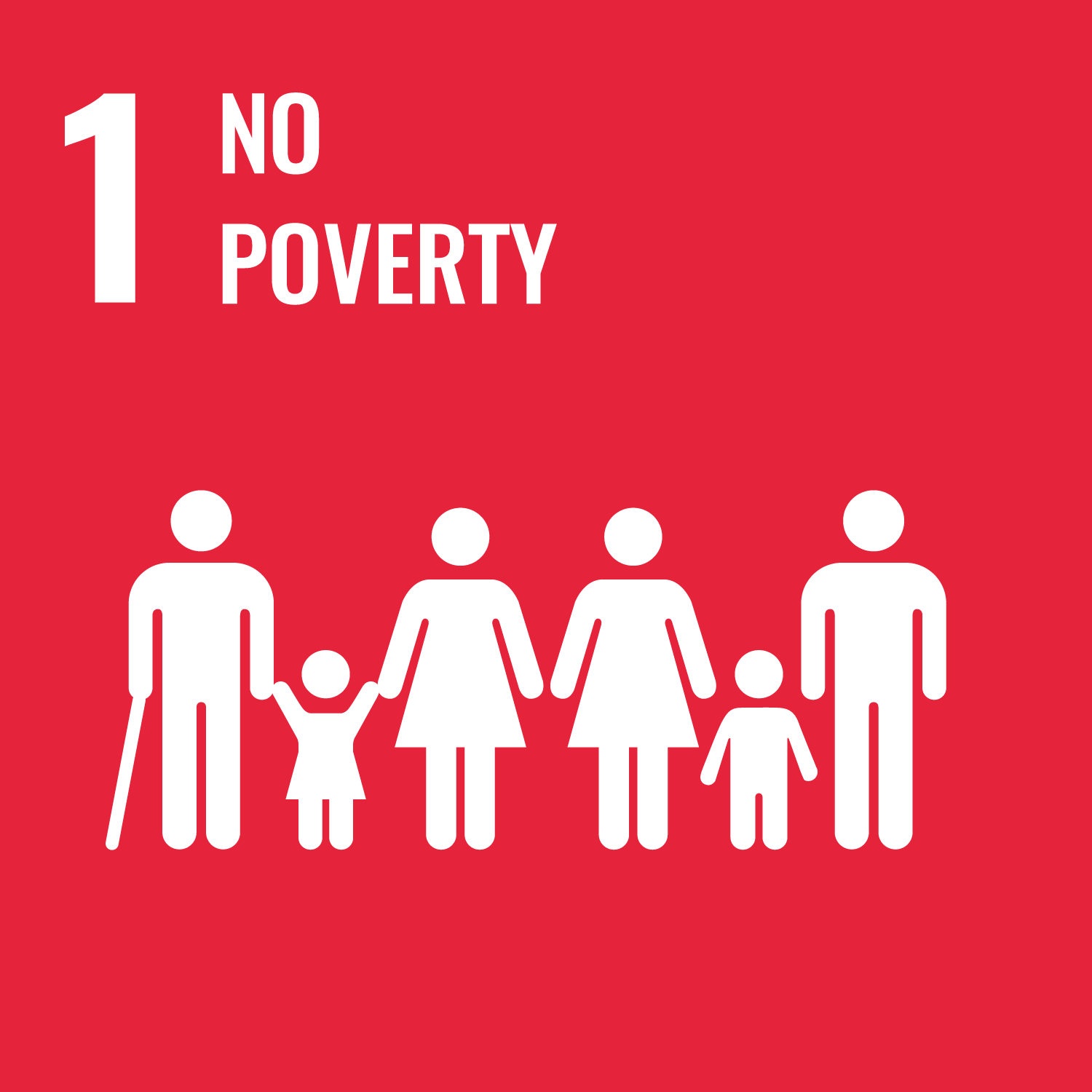SDG Detail
ENVMGT 742 : Social Dimensions of Global Environmental Change
Postgraduate courseProject description
The course explores the social, cultural, political, and economic dimensions of global environmental change, focusing specifically global climate change and its interlinkages with other environmental issues. The course begins with a review of the history emergence of climate change as an issue of scientific, political, and public concern, and then explores contemporary debates disagreements surrounding climate change, as well as what actions are being taken by different groups of people around the world. Particular attention is directed at understanding how and why different groups of people, both in Aotearoa New Zealand and perceive and respond to climate variability and environmental changes in different ways, with a focus on scientific knowledges (including Indigenous and Local Knowledges). It also examines the processes shaping climate change mitigation and climate change adaptation research, policies, and on the ground strategies, the linkages of climate change with development and disaster risk reduction initiatives. Approaches to investigate and analyse policies, and design research community-based projects into climate mitigation and adaptation are presented in lectures and practical exercises. This course enables students to understand the social, economic, political, and cultural dimensions of climate change, and equips approaches and practical skills to research climate change communication, mitigation, and adaptation.
Project aims
?
Project outcome
By the end of this course, students will be able to: Identify and describe some of the drivers of anthropogenic climate change and explain the implications of climate change of social-systems. (Capability 1, 2, 4 and 6) Demonstrate an understanding of how and why people disagree about climate change (Capability 1, 2, 4 and 6) Recognise the role of worldviews, values, and norms play in people?s perceptions of and responses to environmental changes (Capability 1, 2, 3, 4 and 6) Critically evaluate differential vulnerability, adaptive capacity, and resilience of selected systems to climate variability, and change. (Capability 1, 2 and 6) Identify strategies to enhance the capacity of systems, communities, and institutions to mitigate and adapt environmental conditions. (Capability 1, 2, 3, 5 and 6) Recognise, analyse and evaluate the strengths and weaknesses of different sources of evidence (peer-reviewed studies, media reports, social media. (Capability 1, 2, 4, 5 and 6) Demonstrate independence in research and development of communication skills by completing a range of different forms of coursework assessments (quizzes, presentation, and assignments). (Capability 1, 2, 4 and 5)
Related SDGs
The corresponding sustainable development goals correlated with this project. You you click the icon to link to SDG category description page.










